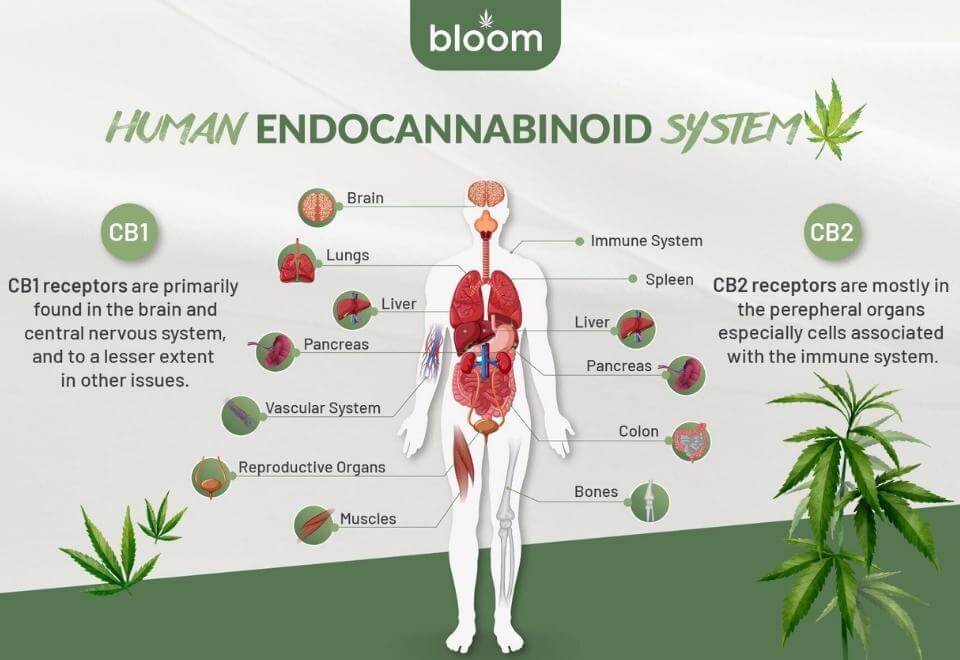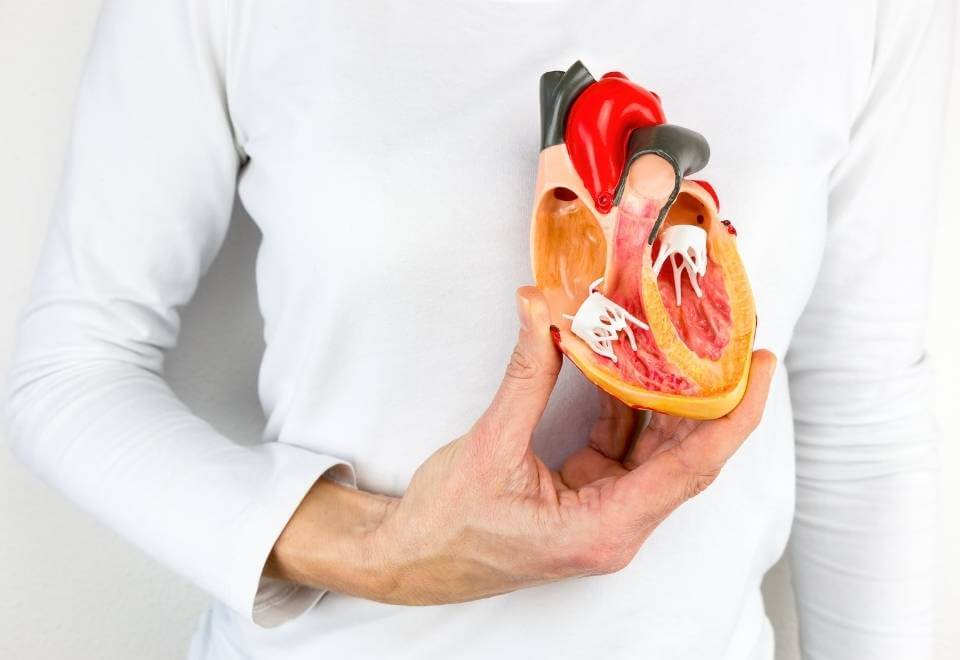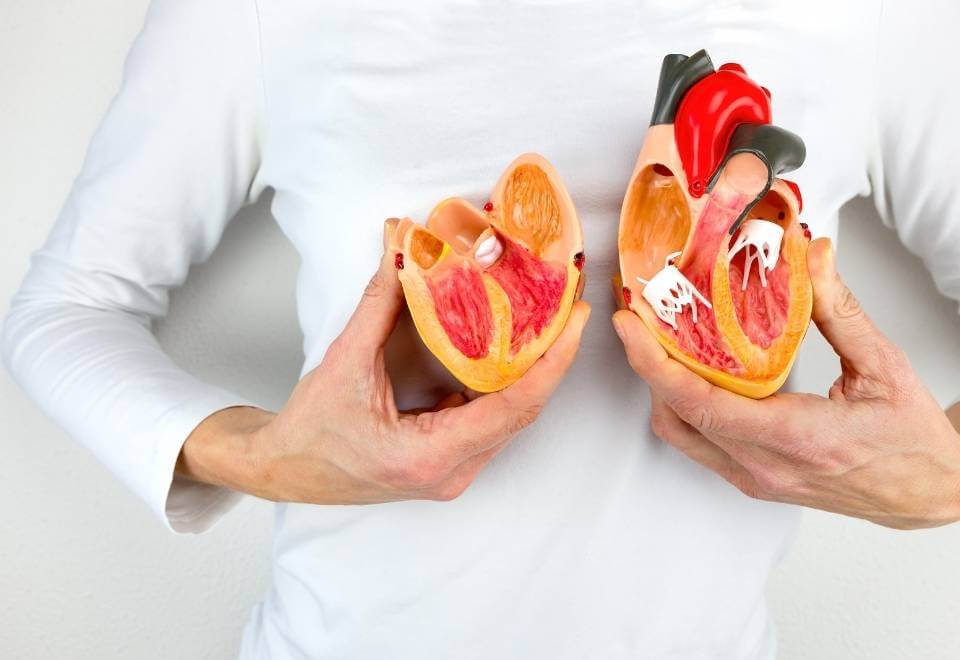Can cannabis help against hypertension, stroke & other hearth related diseases
Heart problems are among the leading causes of death in the world. They occur when your cardiovascular system is not working as efficiently as it should and can often entail a variety of reasons. The treatment includes medications, change in lifestyle and diet, and often surgeries.
Of late, there has been a new point of research in heart health – cannabidiol. Researchers have been studying CBD in great detail, and now, they are starting to explore the therapeutic profile of this cannabis compound for cardiovascular health.
So, the question now remains whether CBD can help your heart and prevent the most common diseases. Let us take a look.
What is CBD?

Cannabidiol, also known as CBD, is one of the 100+ cannabinoids found in cannabis plants.
Thanks to its proven health benefits, it takes the wellness world by storm. It is a known anti-inflammatory and anti-oxidative agent, and unlike its cousin THC (tetrahydrocannabinol), it is non-psychoactive and does not get you high.
CBD interacts with your body through the endocannabinoid system (ECS). The ECS is responsible for maintaining homeostasis and is involved in many critical processes like sleep, mood, appetite, reproductive health, pain response, inflammation, etc. When your body is out of balance, internal cannabinoids (endocannabinoids) kick in to restore the order.
Giving your body external cannabinoids like CBD and THC can help your ECS function better. For example, research has shown that CBD can help with anxiety, pain, sleep, and cancer.
However, the research is still in its early stages regarding heart health. The data we have so far is promising enough to pursue further studies and clinical trials.
CBD and heart diseases

Heart disease is a broad umbrella term that includes many problems such as high blood pressure (hypertension), cardiac arrest, stroke, arrhythmia, coronary heart disease, and many more. These entail the key cardiovascular components such as heart valves, arteries, and heart rate.
From the context of CBD, the existing research has shown that it can help reduce the factors and conditions that lead to heart problems. However, do note that CBD is not a cure for cardiovascular diseases. Instead, it may be considered a supplement to ensure everything goes well with your heart.
Here is how CBD can help with your heart.
High blood pressure/hypertension
High blood pressure occurs when the force of the blood is far too high against the artery walls. It’s been linked to congestive heart failure, and if untreated, it can lead to severe problems like heart attack and stroke.
Some research suggests CBD can help with hypertension. A 2017 study showed that a single dose of CBD oil reduced blood pressure in participants at rest and under stress.
Similarly, a 2020 study suggested that cannabidiol has vasodilatory effects; that is, they dilate the blood vessels and allow blood to flow more easily through your body. As a result, the heart doesn’t have to work harder to pump blood.
Arrhythmia
Heart arrhythmias refer to irregular heartbeats. This improper beating of the heart can be too fast, too slow, or uneven. It affects roughly 2% of the population can be potentially harmless to life-threatening.
The link between CBD and arrhythmias is still being studied, and from what we know so far, cannabidiol can act as an anti-arrhythmic agent.
Researchers have found that CBD can regulate heart rhythms, but the studies have looked only at rats, not humans. One such analysis from 2010 showed that giving CBD to rats before cutting off their supply to induce irregular heartbeats reduced the number of arrhythmias and cardiovascular blockages.
Stroke
Heart conditions are linked with stroke, and CBD can help stroke patients. However, most of these conclusions are not from human studies, prompting a dire need for them. Nonetheless, the results are highly encouraging.
A 2010 review explored how cannabidiol carries the therapeutic potential for treating ischemic stroke – which occurs when a blood clot blocks or narrows an artery leading to the brain, leading to a loss in blood circulation.
The study concluded that CBD could help protect the patients from brain damage and also assist in their recovery, all the while without any side effects or psychoactive consequences.
The same conclusion was also drawn in a 2017 review of animal studies which stated that CBD could be used to treat stroke, hypertension, and myocardial infarction.
Cholesterol
When we say the word cholesterol, heart diseases promptly come to mind – even though it is vital to survival. As you know, high cholesterol levels – particularly of Low-Density Lipoprotein (LDL), are linked with cardiovascular problems as their build-up in blood vessels can cause a blockage.
While CBD does not directly help reduce cholesterol levels, its anti-inflammatory properties may help the heart function better. In addition, as we saw earlier, it can relax the blood vessels, which, in turn, reduces blood pressure.
Weight management
The link between CBD and weight loss is not a direct one. However, while cannabidiol does not help you lose weight, it contributes to overall factors that help you reach your fitness goals and maintain a healthy physique.
As you know, obesity and overweight are also known contributing conditions to heart problems. Since more blood flows, the heart has to work harder to pump. This translates into higher blood pressure, high cholesterol levels, and a condition called ventricular hypertrophy, wherein the walls of the lower chamber of the heart increase in size.
Therefore, taking CBD may be beneficial in the context of losing weight. Some research has shown that it can suppress appetite, improve metabolism, and elevate your mood levels in a bid to motivate you.
Stress management
Stress and heart problems is a story as old as time itself. When you are angry or stressed, your body releases hormones like adrenaline and cortisol and causes a momentary spike in blood pressure. As a result, your risk of incurring a heart attack or stroke increases dramatically in the following couple of hours since suffering the episode.
Over the long term, research has also shown that stress can increase the risk of cardiovascular problems. That’s why it is essential to keep calm and carry on – at least for the sake of your heart.
Now, as we all know, CBD for anxiety and stress is a field that has been studied in great detail. It has proven to deliver a calming effect and can even lessen depression and the symptoms of other mental disorders.
If you are prone to high stress and anxiety, you may benefit from taking CBD. It is suitable for your health, non-addictive, and unlike a cigarette, it will give you long-lasting relief.
How to take CBD for improved heart health

If you are on existing heart medications, we strongly recommend you consult your doctor before implementing CBD into your routine.
This is because CBD can interfere with existing medicines and alter their concentrations in your system by impacting the functioning of your liver. This intervention can prevent your liver from breaking down the medications as it usually would, leading to an increased level in your body.
As for the side effects, CBD is well-tolerated and does not lead to addiction.
You can take CBD in any of the available forms such as:
- Tinctures like cannabidiol oil
- Edibles like gummies, jellies, and tea
- Vaping or smoking
If you decide to try CBD for your cardiovascular health, remember to buy it from a reputed vendor like Bloom. This is because the concentration of the product matters, and you want to ensure that you are getting the purest, unadulterated, and high-quality CBD extract which is free of chemicals and additives. After all, this is the heart we are talking about.
Parting thoughts
The therapeutic benefits of CBD for the heart is something that researchers are beginning to study only now. Most of the existing data is derived from animal studies and is quite promising to prompt further research.
From what we know, CBD is not a cure for heart disease. Instead, it is more like a preventive measure to ensure everything is working smoothly and prevent further problems, courtesy of its anti-inflammatory and other beneficial properties. It can help lower your blood pressure, reduce stress, and your chances of a stroke.
If you want to keep a healthy heart, there is no better substitute than a good diet and a good, stress-free lifestyle. Adding CBD to this equation will only allow you to live better.










